As a doctor-in-training, I received little to no nutrition education. I was led to believe that diet was not a powerful intervention in achieving health and preventing disease. I no longer support this notion.
There is no escaping the appeal and utility of low carbohydrate diets. Their popularity has achieved almost cult status. The evidence supporting low carbohydrate diets, particularly with regards to the treatment of obesity and diabetes, is overwhelming. Let’s take a deep dive as we explore this diet further.
Ketogenic Diets | Definition
‘Low carb’ is a very general term. Carbohydrates are one of three macronutrients. The others are fat and protein. These are the food groups that we eat. A ketogenic diet is a very low carbohydrate diet. ‘Western’ diets reflect their respective dietary guidelines, but more or less consist of 50-75% carbohydrates, 15% protein and 30% Fats (of which <10% should consist of saturated fats).
The macronutrient ratio of the ketogenic diet differs considerably. The general consensus is 5-10% carbohydrates, 20-25% protein, and 70-80% fat. It is, therefore, a low carb, moderate protein, high-fat diet. A strict ketogenic diet would be very low in carbohydrates, say 10-20g per day.
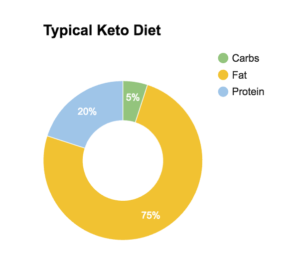
It is clear that these macronutrient ratios are the polar opposite of what we have been advised to eat for many decades. The first dietary guidelines were introduced in 1977 (USA), following more than a decade of research that attempted to find the cause of heart disease. We were led to believe that dietary fat raised blood cholesterol levels and caused heart attacks. This led to the decades-long vilification of natural saturated fat and cholesterol-containing foods. The low-fat campaign took hold. This resulted in an increased consumption of refined grains and sugars. Highly refined industrial vegetable (seed) oils replaced healthy natural fat. Protein intake remained relatively constant.
The low-fat dietary advice had been one of the greatest misconceptions in modern human health.
The trajectory of weight gain and metabolic disease reflects the introduction of the dietary guidelines. Natural saturated fats are healthy and have always been. Researchers have discovered that there is a disturbing lack of good quality evidence supporting the current dietary guidelines. There was no evidence in 1977, and there isn’t any now.
This information spread like wildfire among nutrition circles. It is not surprising that a high natural fat diet was going to be re-discovered. It was. Ketogenic diets were born.
What are Ketones?
Our bodies can utilise (oxidise) two main substrates for energy. In the presence of dietary carbohydrates, glucose will be oxidised for energy. In the absence of glucose, the body is well adapted to oxidise stored fat for energy. Following a carbohydrate-rich meal, it will take about 4 hours for your body to process that glucose load (absorptive phase). If you chose to go without food (fast) for a period of time after this, your body would utilise stored glucose (glycogen) for energy (post-absorptive phase). Once this is used up, you will start mobilising fat stores for energy creation. This process can take a few days, to several weeks, depending on one’s underlying glycaemic status. The body breaks down fat through a process called beta-oxidation. This process creates products called ketone bodies (ketones). These are then used as the alternative fuel source by the body and brain.
As a species, we are exquisitely adapted to cycle between burning fat and burning glucose for fuel. After all, our ancestors survived (and thrived) during periods of fasting and feasting.
There is nothing new about ketones. This is an adaptive strategy used by the body to ensure a steady supply of energy, in the absence of dietary glucose.
A ketogenic diet, therefore, is a diet that optimises the ability of the body to burn fat, preferentially, for fuel.
The Ketogenic Diet respects your Insulin
One of the many reasons I paid attention to low carbohydrate diets was that the conversation about their utility was based on an understanding of the metabolic effects of the foods we eat. Weight gain and obesity have nothing to do with calorie balance. We have been counting calories for decades, and are still getting fatter and sicker. Calories don’t matter nearly as much as the weight-regulating hormones do. Humans are not a thermogenically closed system. It is not possible to account for every single calorie that is used up, released, exhaled or excreted by the body. The ‘calorie in calorie out’ dogma is dead. It is simplistic and has undoubtedly contributed to the obesity epidemic.
Insulin determines what your body does with the energy coming in.
Insulin is a small protein-based hormone that is released by the pancreas – a small, but utterly important gland in your body. Insulin is involved in a multitude of biochemical processes, as evidenced by the presence of insulin receptors in virtually all cells of the body. It’s main role, however, is to regulate blood sugar. Excesses or deficiencies of blood sugar cause dangerous disease states, and can ultimately lead to death. Insulin escorts blood sugar into muscle and fat cells, mainly. Our body fat and muscle tissue are the largest reservoirs for excess glucose. Within the cell, excess glucose is instructed by insulin to convert to glycogen (chains of glucose molecules) and fat. Insulin is, therefore, the main energy storage hormone. This important hormone determines what your body does with the energy that is coming in.
Carbohydrates, as a food group, are the leading drivers of raised blood glucose, and therefore, raised insulin levels. Protein has a moderate impact on insulin and fat has little impact, if any. Insulin, being a fat storing hormone, is a potent inhibitor of lipolysis (fat breakdown), and therefore, of ketogenesis, by extension.
A strict ketogenic diet will give you all the benefits of fasting without the need for caloric restriction.
A ketogenic diet (very low carb) introduces little to no dietary glucose to the body. This means that blood sugar levels remain low – insulin levels remain low too. In the absence of dietary glucose, as described above, the absorptive phase is very short, and fats can quickly be used for energy. In the absence of insulin, counter-regulatory hormones – glucagon specifically – perform actions opposite to those of insulin. Glucagon will stimulate lipolysis (fat breakdown) and ketogenesis.
It is, therefore, possible to get into a ketotic state through deliberate (therapeutic) fasting, starvation and with a low carbohydrate diet. A strict ketogenic diet will give you all the benefits of fasting without the need for caloric restriction.
‘Keto’ Myths Debunked
Is ‘Keto’ safe?
For me to support any dietary pattern, new or established, three criteria must be met. It has to be safe, effective and affordable. The ketogenic diet meets all these criteria. There are many clinical studies assessing the effectiveness of a low carb approach in treating Obesity and Diabetes. The evidence is overwhelming; so much so, that if it were a drug, it would have already gained FDA approval.
Perhaps the right question should be “is glucose intake absolutely necessary for survival?”
Our diets must contain essential fatty acids, such as omega 3. It must also contain essential amino acids, such as phenylalanine. These indispensable acids cannot be synthesised (made) by the body and must be consumed in the diet, to maintain optimal health. There are no essential sugars or carbohydrates. None. Your body needs some sugar (glucose), but it can produce as much sugar as it needs. There is no absolute requirement to consume carbohydrates. The only cells in the body that need glucose are red blood cells and some cells in the kidneys. All other cells can use ketones for energy.
There is no such thing as an essential carbohydrate.
You would eventually die without dietary fat or protein, but you would survive perfectly well without dietary carbohydrates (dietary fiber being the exception).
Doesn’t the Brain Need Glucose?
The human adult brain uses, on average, 20% of the total energy available. Our brains are significantly larger than those of other mammals. Humans continue to generate ketones even when they have more than enough protein to supply the brain’s needs with glucose. Other animals sacrifice their lean tissue (muscle), if necessary, but we do not. It seems feasible that ketosis is a natural state for a large brain. Our ancestors frequently had little access to carbohydrates and would need to hunt and survive on game.
The brain needs some glucose to function, but it does not require us to eat glucose (carbohydrates) to function.
Gluconeogenesis is a process by which glucose is created from a non-carbohydrate substrate, such as fat (glycerol) or protein (amino acids). The brain consists of fat and cholesterol. Any new glucose (or ketone) formation can be done in situ – within the brain itself.
In clinical environments, ketogenic diets are widely used to control epilepsy, with a significant reduction in seizure frequency seen. There is some preliminary evidence that ketogenic diets can also help with other neurodegenerative diseases, such as Alzheimer’s and Parkinson’s disease. In these disease states, ketones appear to be a superior fuel to glucose.
Isn’t Ketoacidosis Dangerous?
There is a difference between nutritional ketosis, starvation ketosis, and (diabetic) ketoacidosis. Nutritional ketosis is the target outcome for ketogenic diets. One lowers their dietary carbohydrate low enough to stimulate lipolysis (fat breakdown). Starvation ketosis occurs after a long period without any food (therapeutic or obligatory fasting). Fasting for periods typically more than 24 hours will lead to ketone production. In these two ketotic states, only mildly elevated ketone bodies are detected in the blood. This is because there is still some insulin present, which prevents excessive ketone formation.
Ketogenic diets result in nutritional ketosis. This is a safe, natural, adaptive process.
Diabetic ketoacidosis (DKA), on the other hand, is a disease state that occurs due to absolute or relative lack of insulin (in type 1 diabetics mainly). Remember that insulin is a potent inhibitor of lipolyis. Therefore, the absence of insulin will significantly stimulate the oxidation of fat for energy. DKA produces high levels of ketone bodies, which can make the blood dangerously acidic. These patients become very unwell and can die without treatment with insulin.
Is ‘Keto’ just Meat and Eggs?
No. A well-formulated ketogenic diet is high in natural fat and moderate in protein. Protein can be sourced from plants and animals. There is no requirement to consume large quantities of meat. It is possible to design a ketogenic vegetarian diet.
Within ketogenic circles, there is a concern about eating lots of protein. This is based on the concern that too much protein can stimulate insulin release – enough to ‘kick’ them out of ketosis. It is now understood that the insulinogenic effect of protein is heavily influenced by the underlying glycaemic status. This means that in the context of a high carb diet, significant amounts of insulin is released. The protein, in this case, compounds the effect of the carbs. However, in the context of a low carb diet, insulin levels remain unchanged and glucagon levels rise steeply. This is important from a survival point of view. In a low glucose (keto) state, if protein intake resulted in a high insulin response, it could switch off gluconeogenesis. This would prevent the manufacture of new glucose, drop the blood glucose levels dangerously low, and lead to seizures and potentially death.
In a low glucose state, higher levels of protein should not be feared. There is no evidence that it will ‘kick’ you out of ketosis.
An important reason to include red meat in a ketogenic diet is that it is a rich source of carnitine. Carnitine is a compound derived from an amino acid. It can be made by the body, but carnitine deficiency exists in some people. It escorts fat into the cell to be oxidised and produce energy. A diet high in carnitine significantly increases ketogenesis.
Isn’t Meat high in Saturated Fat and Cholesterol?
There have been several meta-analyses that have proven that natural saturated fats are not only safe but protective.
Since 1956, we have been informed to avoid a diet high in butter, lard, eggs, and beef. This information was misguided and confused. These foods all have MORE unsaturated than saturated fat. Fish contains lots of saturated fat, yet fish consumption is inversely correlated with heart disease. All natural fats contain saturated, mono-unsaturated and polyunsaturated fats in varying proportions. You cannot eat saturated fat without eating unsaturated fat. Coconut oil is the single greatest food source of saturated fat.
Olive oil contains SEVEN TIMES the saturated fat of a typical sirloin steak (USDA Food Database).
Cholesterol is used as a raw material for the healing process when an injury is detected in the body. When cholesterol was observed within the plaque that blocks arteries causing heart attacks, it was assumed to be responsible for causing heart disease. This is as ignorant as blaming the fireman for causing a fire. The cholesterol is there to help. To repair. It did not cause the injury in the first place. We’ve confused effect with cause.
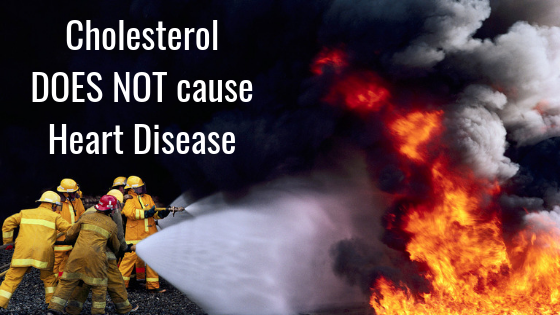
Cholesterol in your diet will not affect blood cholesterol levels and high blood cholesterol does not cause heart disease. Inflammation and oxidative stress appear to be the real causes of heart disease. Lifestyle factors, like smoking and high dietary sugars, are some of the root causes of an injury to the blood vessels.
Is ‘Keto’ bad for the Kidneys?
If you do not have pre-existing kidney disease, eating a higher protein diet will not harm your kidneys. Those with advanced kidney disease should be more careful, as there is a chance that higher protein diets could strain the kidneys. This is another reason why no-one should start any new diet without consulting with their doctor. What is interesting, is that as low carb diets often put diabetes in remission. As diabetics often develop kidney disease, a low carb intervention could actually help maintain healthy kidneys.
Benefits of Ketogenic Diets
There are many benefits of low carbohydrate diets. People on high carbohydrate diets tend to experience the high/low glucose swings, making them hungry, tired and irritable. Fat (ketones) is a much more reliable, non-fluctuating, fuel. Here are some of the benefits.
- Weight Loss
- Reversal of Type 2 Diabetes
- Improved Mental Function
- Reduced Appetite
- Maintains BMR (metabolic rate)
- Activation of Brown Adipose Tissue (increased heat production)
Side Effects of Ketogenic Diets
-
‘Carb Flu’
Those who are highly dependent on glucose who start a ketogenic diet often experienced a period of ‘carbohydrate withdrawal’. As glucose levels fall, so do insulin levels. This encourages the kidneys to excrete more salt and water. This relative salt deficiency often manifests as headaches, weakness, irritability, and nausea. Those who experience these symptoms are encouraged to consume more salt and water. This ‘induction flu’ can last from a few days to a few weeks.
-
Diabetics on Medication
There is a very real danger of hypoglycaemia (dangerously low blood glucose levels) in diabetic patients who start a ketogenic diet. The lower blood glucose levels must be anticipated and measured, and the injectable insulin dose adjusted accordingly. If this is not done, the insulin medication could drop the blood glucose to dangerously low levels. Other diabetic drugs such as sulphonylureas (e.g. Gliclazide) can have a similar effect. These patients must be monitored by a doctor.
-
Gut Microbiome
Excessively strict keto diets that cut out fibrous green vegetables are not recommended. Insoluble fibre is absolutely critical to maintaining gut health. Our lower intestine contains trillions of bacteria that keep us healthy. They feed and thrive on insoluble fibre. It is not worth cutting out these nutritious carbohydrates. It makes no sense to compromise our overall health in the quest to be slim.
Conclusion
Are Ketogenic diets safe? Yes. Are they necessary to lose weight? No.
Most of us are sick and fat because we are overconsuming carbohydrates, particularly sugars, grains, and starches. Our dietary guidelines are to blame for this, and they are currently not fit for purpose – particularly for diabetics. A major overhaul is required.
We all need to cut down on excessive sugars, starches, and grains and eat more natural fat, protein and green vegetables. We do not need to be in ketosis.
Cutting our carbs by 50% is a great start to achieving weight loss and great health.
Low carb diets have been recently received a boost following a recent publication of a large research study (PURE). This prospective study that spanned the 5 continents, ergo representing diverse diets globally, concluded that a high carb diet (>55%) is strongly associated with increased mortality. The current recommendation of <10% saturated fat intake is also not supported by this global study.
A ketogenic diet appears to be a safe, effective and affordable dietary breakthrough, in stemming the obesity and diabetes epidemic. I fully support this dietary pattern, as part of a lifestyle intervention, to treat obesity and metabolic diseases.

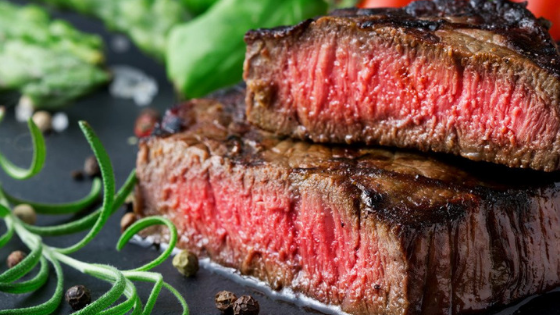
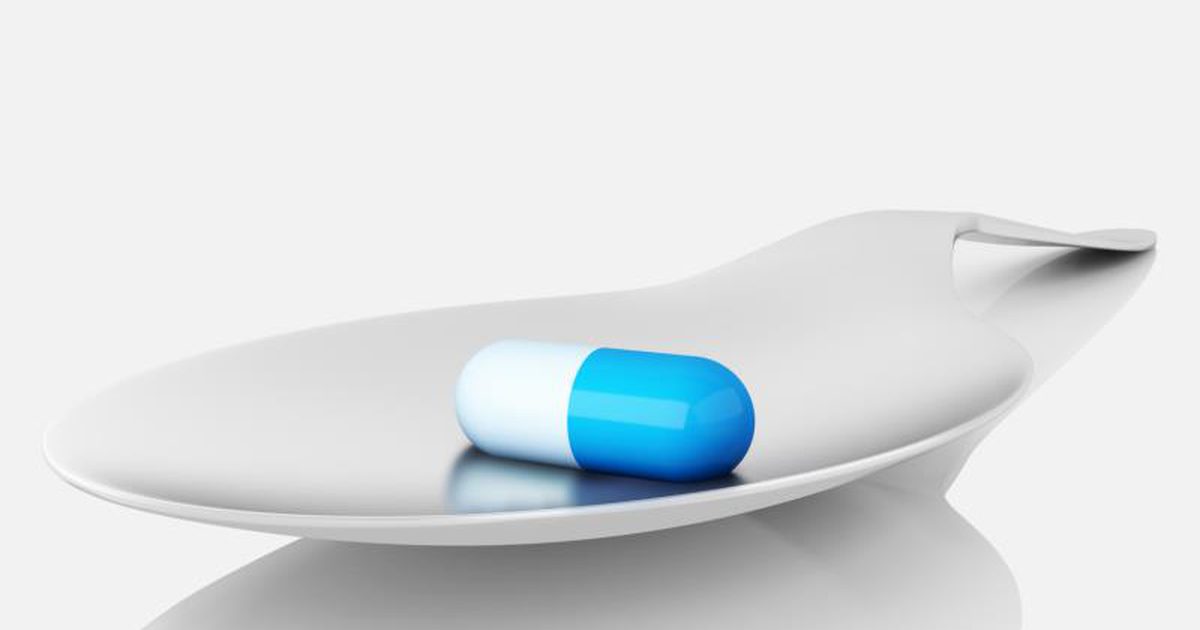

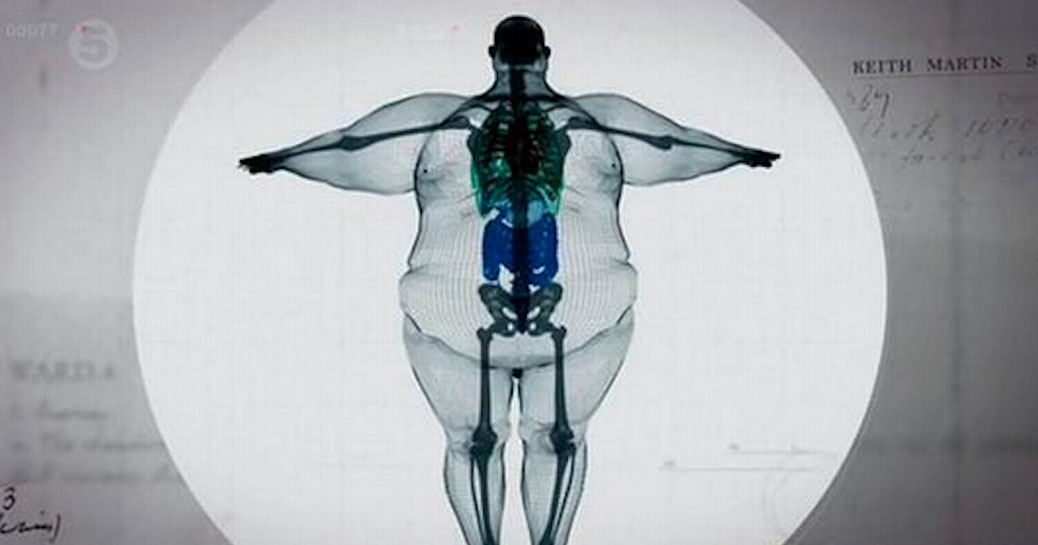
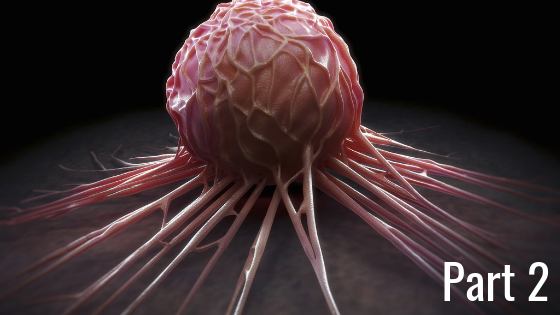
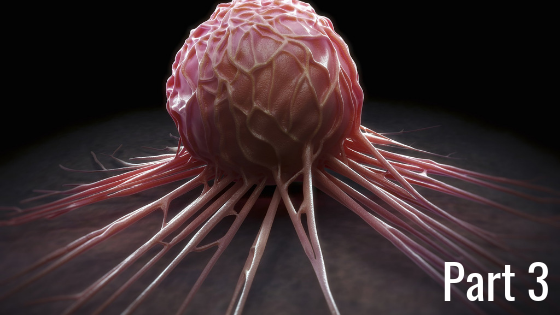
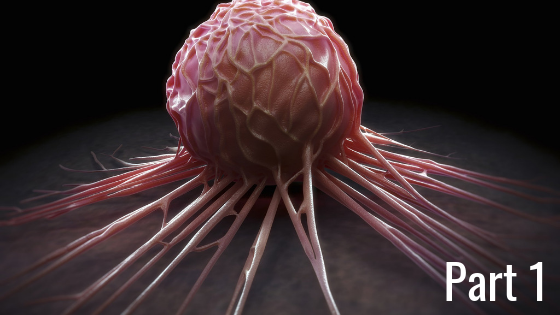

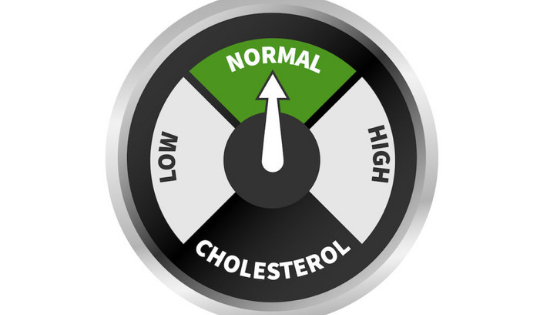
Great info right here, doc. Thank you for explaining it so simply for lay people like me. I love and enjoy reading your articles. Keep up the good work.